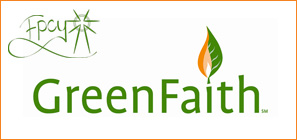
As most of you probably know, President Trump recently announced his intention to withdraw support for the Paris Climate Agreement. PC(USA) released a statement, including the following quote:
“The president’s statement is a disappointment and represents a setback to our work as well as the work of other interfaith and ecumenical groups on the issue of the environment,” said the Rev. Dr. J. Herbert Nelson II, stated clerk for the Presbyterian Church (U.S.A.) “But we will not be deterred. We will continue to work toward building an environmentally safe world, creating jobs and a new economy based on clean air and building on a more environmentally safe nation and world.”
The formal policy of the United States does not in any way interfere with our own personal efforts to live into our beliefs about our responsibilities to the planet. Your GreenTeam continues to reflect on how we can improve our practices, and communicate our ideas about how each of us can live more lightly on the earth.
Perhaps we can even use the current administration’s policy as an impetus to do more on our own. After all, it is easy to think that someone else is “taking care” of what needs to be done. Isn’t it rather that we should each do as much as we can personally, rather than expect the right thing to just happen?
Galatians 6:9
“And let us not grow weary of doing good, for in due season we will reap, if we do not give up.”
Over the last two years of our GreenFaith certification there have been many events, articles, and reminders of what we personally, and we as a church, can do to help improve the environment. Just a few of these are:
- Consciously offering vegetarian options at our major events such as the progressive dinner and congregational brunches, and having completely vegetarian events, as we learn that reducing our meat consumption helps our environment
- Education on the many local and organic farmers’ markets and Community Supported Agriculture options are available around us
- We’ve learned about how we can responsibly recycle our electronic waste
- Our Operations commission has extensively updated our building to use less electricity; from replacing light fixtures to updating energy-wasting appliances
- We had a Food Waste weekend where we learned about the impact of our buying and usage choices
- We joined the Healing Our Sacred Sites Tour, an educational event in Peekskill to learn about how damaged sites can be “resurrected”
- We’ve held gardening workshops and tours
- We’ve built an amazing labyrinth where we can engage with creation and experience personal peace and reflection
- We’re members of HRP Green, a partnership of churches within the Hudson River Presbytery working together on “green” issues
- We’ve become an EarthCare Congregation, part of the Presbyterian Church (USA) network of congregations working together to fulfill PC(USA)’s environmental mission
And why do we do these things? Because God has made us stewards of the earth. The Psalmist tells us, in Psalm 115:16,
“The highest heaven belongs to the Lord, but he gave the earth to all people.”
Some of us in our Disciple Bible study groups have been reading the book of Revelation. In Revelation chapter 18 verse 11 we have yet another reason to care for the earth.
The nations were enraged, but your wrath came.
The time came for the dead to be judged.
The time came to reward your servants, the prophets and saints,
and those who fear your name, both small and great,
and to destroy those who destroy the earth.”
Our faith tells us that the earth belongs to us and that we will be judged regarding how well we care for it.
And this letter from James (4:17) reminds us that
“So whoever knows the right thing to do and fails to do it, for him it is sin.”
As you reflect on what it means to “do the right thing,” what will you personally commit to? Prayerfully take responsibility for doing right by our planet.
~Donna Gresh and Connie Knapp, co-leaders of the GreenTeam
